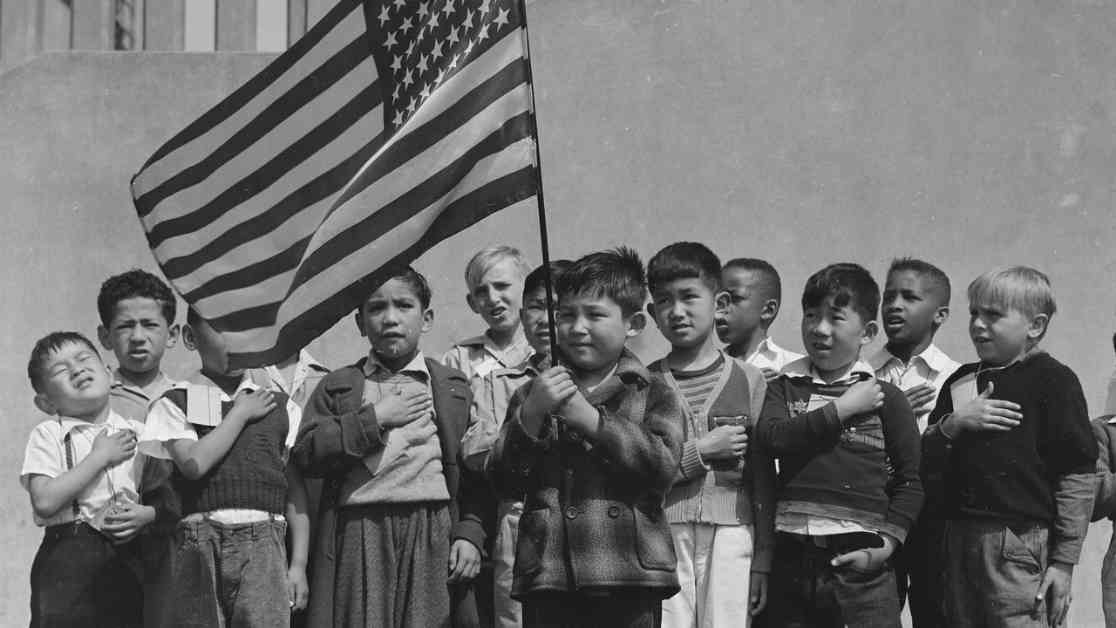The Native Sons of the Golden State: An Unexpected Gathering
In 1895, on Independence Day in San Francisco’s Chinese quarter, a group of men with long braids gathered inside a building on Clay Street. Dressed in traditional Chinese attire, they celebrated America’s birthday alongside throngs of people outside. These men, all born in the United States and fluent in English, were helping to launch a new organization, the Native Sons of the Golden State. As they fired off fireworks in celebration, a newspaper article the next day revealed their eagerness to exercise their right to vote in the upcoming election.
The display of patriotism by the Native Sons seemed both commendable and risky. In the midst of anti-Chinese sentiment on the West Coast, fueled by discriminatory laws and community-driven hostility, the Chinese community faced constant challenges. The fear of Chinese immigrants becoming citizens and participating in American politics led to efforts to restrict birthright citizenship. A letter from a customs official in 1895 highlighted concerns about native-born Chinese demanding rights as citizens, sparking a legal battle that would eventually reach the Supreme Court.
Birthright Citizenship: A Contentious Issue
The fight over who qualifies as an American citizen has deep roots in the country’s history. From early restrictions on naturalization to ongoing debates about birthright citizenship, the issue of inclusion and exclusion in America’s citizenry continues to be a contentious one. The legal battles faced by Wong Kim Ark and his sons, as well as other marginalized groups throughout history, shed light on the complex and often discriminatory nature of citizenship laws in the United States. Despite the Supreme Court’s affirmation of birthright citizenship in the Wong case, challenges to this fundamental principle persist, as seen in recent attempts to limit citizenship rights based on parentage rather than birth within U.S. borders.
The Trump Administration’s controversial executive order on birthright citizenship reflects a broader trend of exclusion and restriction in immigration policy. By targeting children without at least one parent who is a citizen or permanent resident, the order seeks to redefine the meaning of American citizenship in ways that exclude certain groups from full participation in civic life. The fear of enfranchisement and legal rights for marginalized communities lies at the heart of this effort to curtail birthright citizenship, echoing past attempts to limit the rights of Chinese Americans and other minority groups. As the Supreme Court considers the implications of this executive order, the ongoing struggle for inclusion and equality in America’s diverse society remains a central challenge for policymakers and advocates alike.












